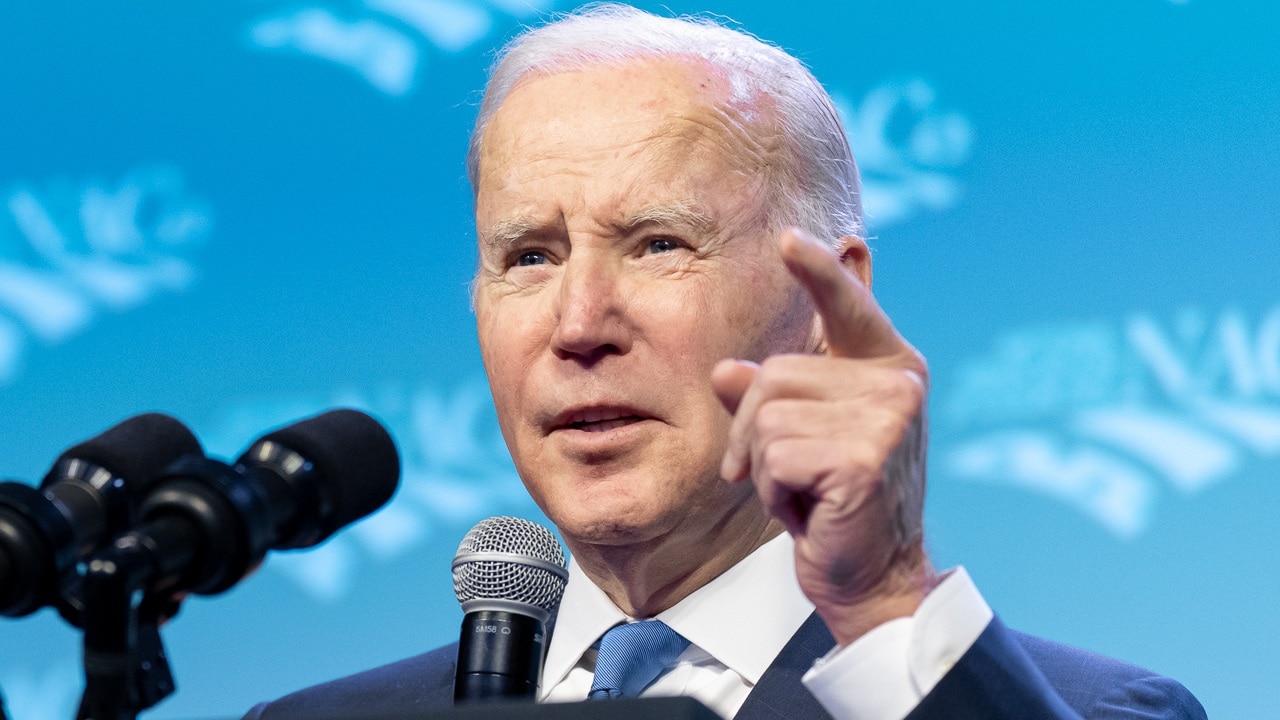We are not currently in a recession and President Joe Biden is taking credit for an economy that is seeing record unemployment rates, job expansion over a series of many months, and decent gross domestic product growth over the last two quarters. GDP growth has not been released for the first quarter of 2023, so we could still see a slowdown in that metric, which is key to calculating whether a recession is upon us. But ordinary voters still blame Biden for the number one issue they believe is the most important problem facing the United States – the underperformance of the economy.
Economy By Definition Is Not In Recession Mode
A recession is defined by most economists as two-quarters of consecutive negative GDP growth. Instead, GDP expanded by 2.9 percent in the last quarter of 2022 and 3.2 percent in the quarter before. The Federal Reserve Bank recently raised interest rates to fight inflation – 4.75 percent to 5 percent. That is where most people are so frustrated with the economy even though there is not a recession at this time.
It’s Really a ‘Slow-cession’
Joe Biden is being blamed for people’s pocketbook issues and this could hurt his chances in 2024. Some economists are calling the current economic situation a “slow-cession” with reduced economic growth. This is combined with people having less money to spend as they deal with high prices and continued pain at the gas pump.
Look for a Slowdown
Slow-cessions are times of stagnation, which would mean GDP may sputter during 2023. The Conference Board predicts that GDP growth for the first quarter of 2023 will be only 0.9 percent. Even the White House’s own economic advisers believe that GDP growth in 2023 will average 0.4 percent.
This means fewer jobs may be created starting in the second quarter of 2023 and labor force participation rates will go down as more people give up looking for jobs. However, the Federal Reserve Bank actually prefers a slow-cession since that will cool inflation. So far, tightening the money supply has worked to reduce the consumer price index from its high last summer. But Americans still feel the frustration of high prices, and they generally blame the Biden administration.
Joe Biden Blamed for the Economy and This Is the Biggest Issue Facing the Country
Only 31 percent of those surveyed in an Associated Press-NORC Center of Public Affairs Research poll taken in March approved of Biden’s leadership of the economy. A Statista poll released in March revealed that when Americans were questioned about the biggest problems in America, 26 percent said the economy in general along with prices and inflation. So, many voters are feeling gloomy about the state of affairs, and they appear to be blaming Biden.
One of the problems is the wealth effect, where people believe they are less wealthy and spend less. Many people have fewer dollars to spend and have seen their net worth go down. IRA and 401k retirement accounts dropped considerably last year. The S&P 500 lost around 20 percent in 2022.
Home values have also fallen, resulting in families losing some of their home equity. High interest rates have trapped people in their homes because they would be forced to sell at a loss, or they can’t afford to finance a new house at higher mortgage rates since their monthly payments would go up. People are having trouble getting by and are taking on credit card debt at high annual percentage rates. The average credit card interest rate is 24 percent.
If the slow-cession turns into an overall recession with a negative GDP growth rate and higher unemployment, the American people could throw Biden out of office. Historically this has been the case. Since 1900, only one U.S. president has been re-elected when a recession occurred at some point in the last two years of their tenure. William McKinley survived a recession on his watch. But William Taft in 1912, Herbert Hoover in 1932, Jimmy Carter in 1980, and George H.W. Bush in 1992—all presided over a recession and then lost their re-election bid.
MORE: Something Is Wrong With Kamala Harris
MORE: ‘Breathing Fire’: Donald Trump Goes Crazy On Fox News Interview
MORE: Video – Ukraine Has Massive New NATO ‘Cannon’ Ready To Fight Russia
MORE: ‘Americans Will Pay The Price’: One Democrat Is Angry At Joe Biden
MORE: Could Joe Biden Get Impeached?
Therefore, Joe Biden must improve his economic messaging. He needs to convince Americans that there is not a recession and that the economy is growing with low unemployment if he is to be successful in this presidential election cycle. His biggest problem is the possibility of a recession and the economic well-being of individual families. The Republican nominee could ask the public, “Are you better off than you were four years ago?” If the answer is no, Biden could lose the White House.
Author Expertise and Experience:
Serving as 19FortyFive’s Defense and National Security Editor, Dr. Brent M. Eastwood is the author of Humans, Machines, and Data: Future Trends in Warfare. He is an Emerging Threats expert and former U.S. Army Infantry officer. You can follow him on Twitter @BMEastwood. He holds a Ph.D. in Political Science and Foreign Policy/ International Relations.

